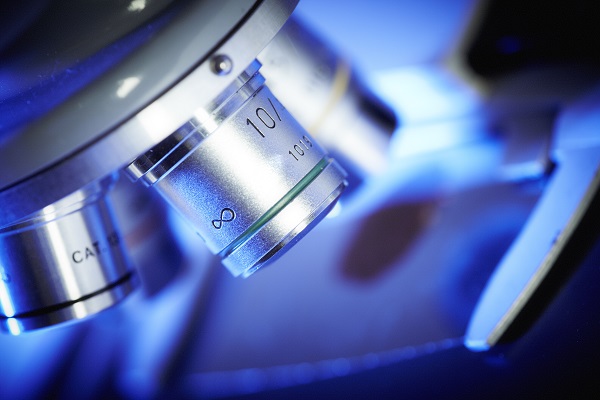
Various public research institutions in the Grand Duchy have come together to see the establishment of the Luxembourg Society for Microbiology (LSfM), an establishment to consolidate national activities in the field of microbiology.
Luxembourg has a long-standing tradition in microbiology, the study of the microorganisms that play essential roles in our daily lives and the maintenance of human lives. Since a panoply of chronic diseases were linked to changes in the microbial communities that inhabit the human cells of the body, new life has been breathed into the field of microbiology and has created a platform for the creation of the LSfM.
The country's public research institutions, including the Integrated BioBank of Luxembourg, the Luxembourg Institute of Health (LIH), the Luxembourg Institute of Science and Technology (LIST), the Luxembourg National Health Laboratory and the University of Luxembourg, are active in this domain and the country also runs several public, clinical, commercial and industrial activities. Until now, many of these activities have been unconnected and have therefore necessitated infrastructure bringing together expertise and interests in the form of the new society.
"Bringing together all the actors in microbiology on a national level has been a long-standing ambition," commented Dr. Joseph Even, Presiden of the society and former head of the Virology Department of the National Health Laboratoy (LNS). "It is fantastic to see this aspiration now come to fruition in the form of the LSfM!"
"With the new society we want to bundle our expertise on a national level," added Dr. Christian Penny from LIST and the society's Secretary General. "This will not only allow us to enhance our capabilities in Luxembourg but this will also contribute towards enhancing our visibility internationally." The LSfM will join international organisations such as the Federation of European Microbiological Societieis and the International Human Microbiome Consortium.
A technology-driven revolution in the field of microbiology has enabled scientists to begin to study microbes directly in their native habitats, such as the human body, in biogas plants as well as on food.
"Microbes are absolutely everywhere," explained Prof. Dr. Paul Wilmes from the Luxembourg Centre for Systems Biomedicine (LCSB) of the University of Luxembourg (UL) and the LSfM’s Vice-President. "With the new tools we are learning much about their amazing capabilities. Luxembourg has recently pioneered a number of new microbiological methods and is poised to become a worldwide recognised player in the field."
The country's needs for highly-trained individuals with high-level expertise will see the LSfM focus a significant amount of its activities on the involvement, engagement and training of students. The society will also foster closer interactions among students in microbiology in Luxembourg and provide them with better access to international scientific networks.
As a forum for interaction and exchange of knowledge and information in microbiology, the society may provide important interdisciplinary expertise in the event of emerging infectious diseases, such as the recent outbreaks of Ebola and Zika. The LSfM will therefore aim to become a first point of contact for any future questions involving microbiological expertise at the national level.
The founding board members of the LSfM are Dr. Fay Betsou from the Integrated BioBank of Luxembourg (IBBL), Dr. Thomas Dentzer from Luxinnovation’s BioHealth Cluster, Dr. Philippe Delfosse from the Luxembourg Institute of Science and Technology, Dr. Joseph Even formerly at the LNS, Dr. Carole Devaux from the Luxembourg Institute of Health, Dr. Joël Mossong from the LNS, Dr. Emilie Muller from LCSB, Dr. Christian Penny from LIST and Prof. Dr. Paul Wilmes from LCSB/UL.
Photo by Shutterstock








